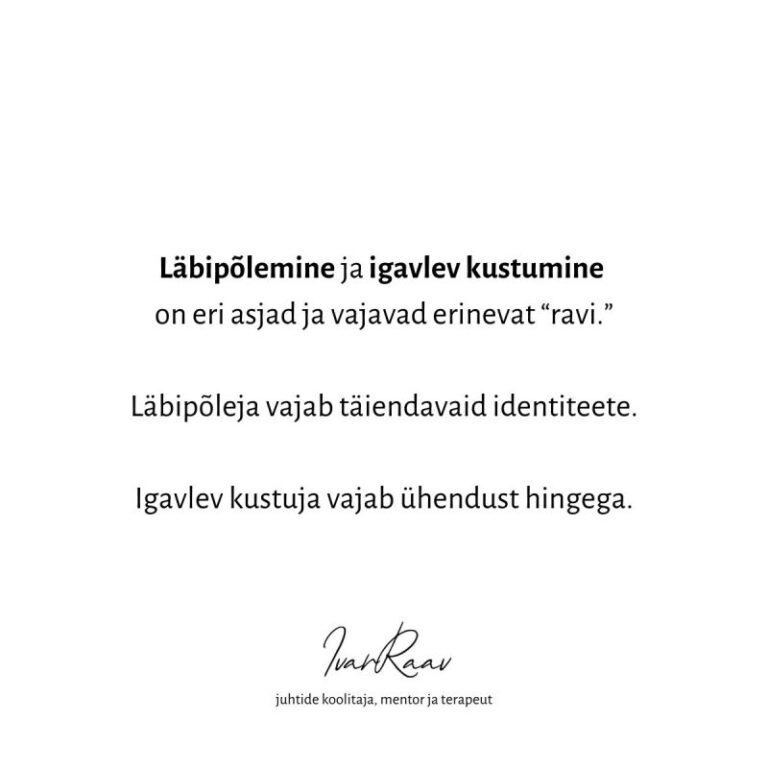Each of us operates in a broader context, which includes not only personal and professional goals, but also a deeper purpose and a connection to something bigger.
At least that is how I believe the world works.
While this may seem abstract, it is important to understand that the connection to our inner purpose and the sense that our actions have a wider meaning is highly motivating.
This does not necessarily imply religious or spiritual belief, but rather an awareness and sensitivity to one’s personal mission and values.
I call it spirituality, but it doesn’t need to be called that if it is too disturbing for some.
And this is where career-conscious management comes into play.
Perhaps everyone is responsible for finding and managing their own career and personal reason for living.
Perhaps only the individual can come to the conclusion of what his soul is doing.
A career is just the way we express it.
In the context of careers at work, however, the issue of burnout has been very much on the agenda recently.
I will reflect on why in a future post, but burnout is taking on epidemic proportions around us.
But it seems to me that two things are often confused – 𝘣𝘶𝘳𝘯𝘦𝘥𝘰𝘶𝘵 and 𝘣𝘰𝘳𝘦𝘥𝘰𝘶𝘵.
I would translate the latter into Estonian for boring deletion.
If anyone knows a better term, let me know.
Namely, you can be burnt out when you are burnt out.
A match does not burn out if it has not caught fire.
But in the case of boring extinction, there is no burning and no passion – the work just doesn’t speak and the human spirit is gradually extinguished by boredom, by not doing things with the soul.
I often see the body start to give in too.
I think it is very important to distinguish between the two, because their “cure” is different:
– the cure for the boringly extinct is to find your own deeper personal purpose.
Whether that be, esoterically speaking, getting in touch with the soul and spirit, whatever supportive tools they believe and approve of that shouldn’t be damaging to them as a creature.
– the cure for the burnout is to value the other aspects of life more than work and to disconnect one’s own identity from work, to create other identities besides work (e.g. parent, piper, singer, walker, dog owner, gardener, drifter, etc.).
In order to manage something and get something done, I need to map out where I am.
If I’m lost at work, I need to stop and look at where I am.
Only then can I start to ‘heal’.

